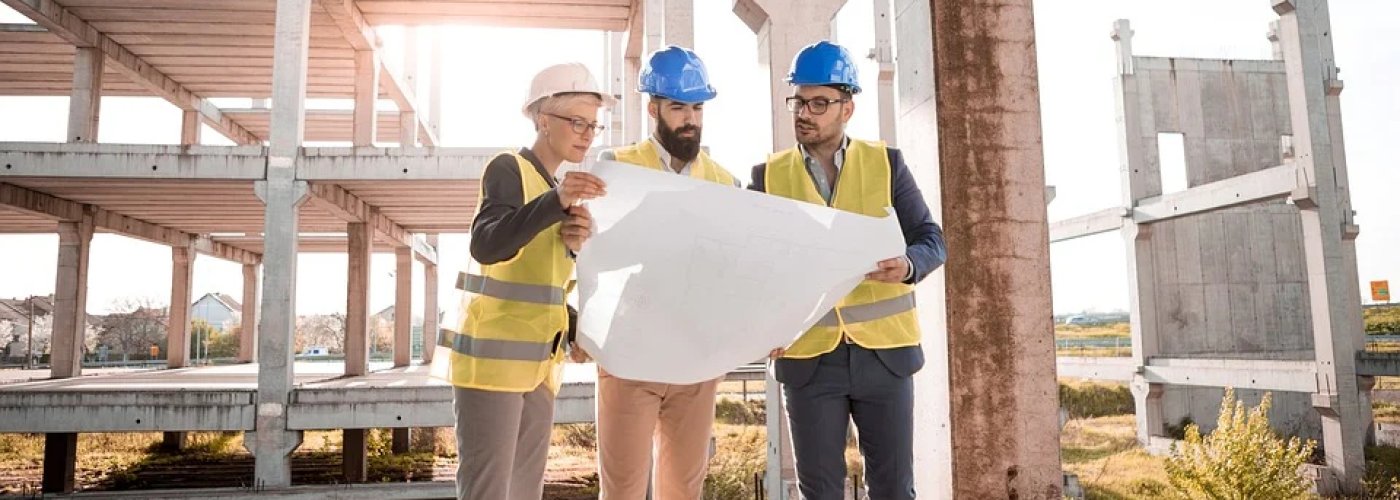According to the Ministry of Housing, Communities & Local Government, 2019 was a bumper year for housebuilding. Statistics show that almost a quarter of a million new homes were built between 2019 to 2020, the highest number since 1987.
The thing is, some of those new properties weren’t particularly built with a focus on smart technology – and that’s a trend that seems to be continuing. Here’s why that’s going to be a problem in the not-so-distant future and why homebuilders should apply more focus on that:
Consumers Want More Automation
There was once a time where smart technology incorporated into new properties got considered a luxury. However, as with many things that evolve over time, smart technology has become commonplace in today’s modern world.
Today’s homebuyers want to purchase properties that offer a plethora of home automation technology. They want their homes to make their daily lives easier and more efficient.
For example, they might want living room control panels with tactile switches that are also controllable and customisable via a smartphone app. They might also want garage doors that open automatically whenever they arrive home from a long day at work.
IoT Technology Is Becoming More Commonplace
The use of IoT (Internet of Things) devices in people’s homes have become more widespread in recent years as consumers move towards home automation. For instance, smart doorbells like the Ring Doorbell offer a rich blend of extra security and convenience.
There are also products like the Nest Thermostat that make it simpler to manage home heating controls. Everything in such products is manageable by a simple smartphone app and is a far cry from the “old school” wall thermostats installed by heating engineers.
Tomorrow’s homebuilders must take on board that IoT technology is here to stay and will only become more commonplace across the UK. With that in mind, it makes sense to incorporate such technology in new builds.
New Builds Need EV Charging Points
There’s no getting away from the fact that car manufacturers can only sell new hybrid petrol and diesel cars from 2030. In 2035, the government will even ban those, so consumers can only purchase electric vehicles (EVs) from that year.
Future new builds should incorporate EV charging points for homebuyers to use, especially smart chargers that remotely indicate to those homebuyers when a charging cycle is complete.
EV charging points outside new builds is a significant selling point to potential homebuyers, especially those investing in EV technology for their transport needs.
Consumers Want to Save Money
Lastly, people have always wanted to save money; that’s not a new fact. However, it’s worth bearing in mind that homebuyers are becoming more environmentally conscious, and they want to save money while being greener.
Perhaps the best example is installing solar energy solutions, such as photovoltaic cells on roofs to create ‘free’ electricity from the sun.
Tomorrow’s new builds should incorporate such solar energy solutions if homebuilders want to market their properties to the widest audiences.





